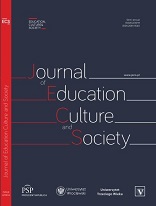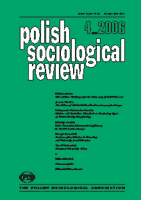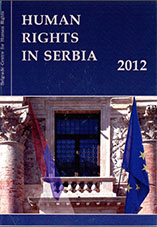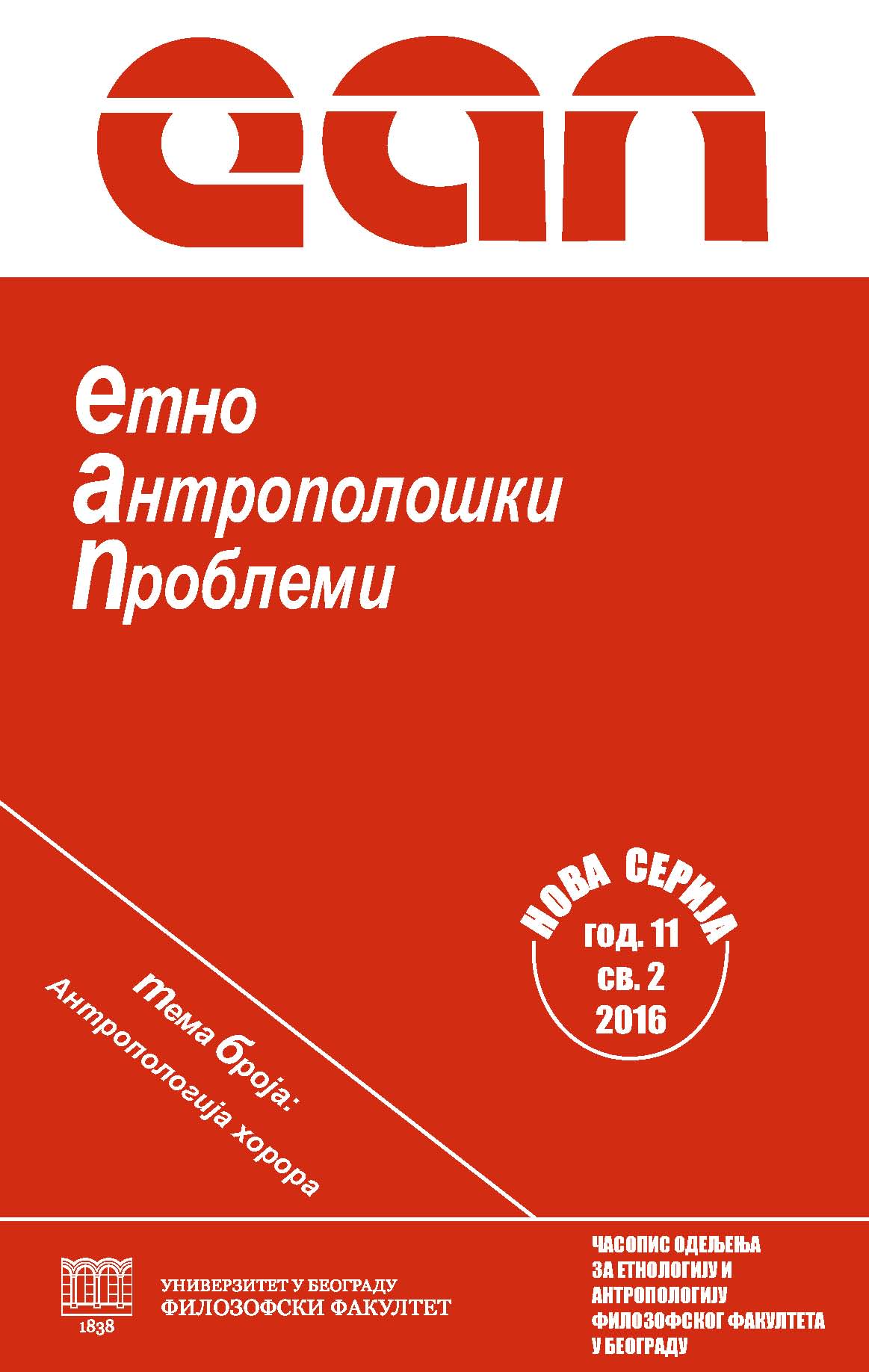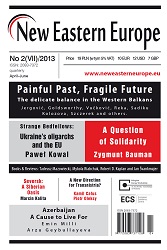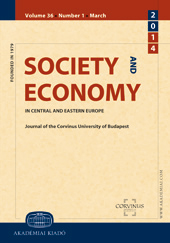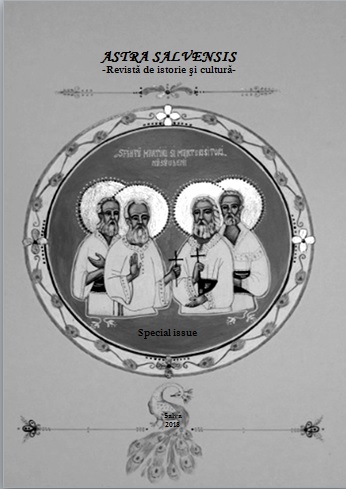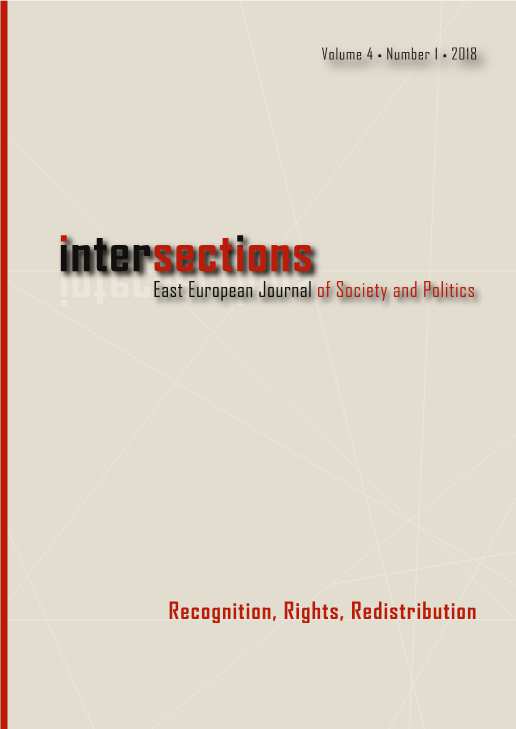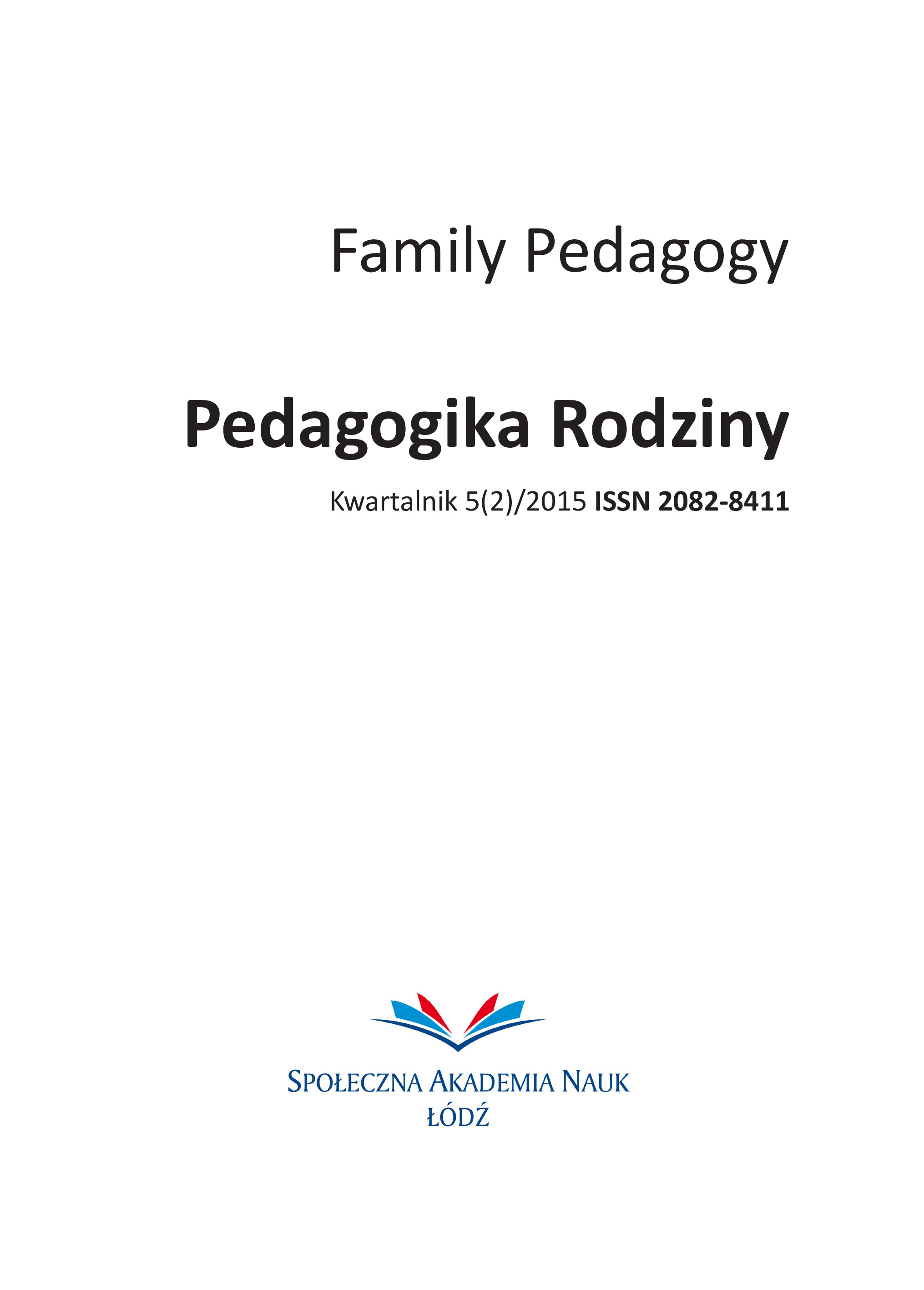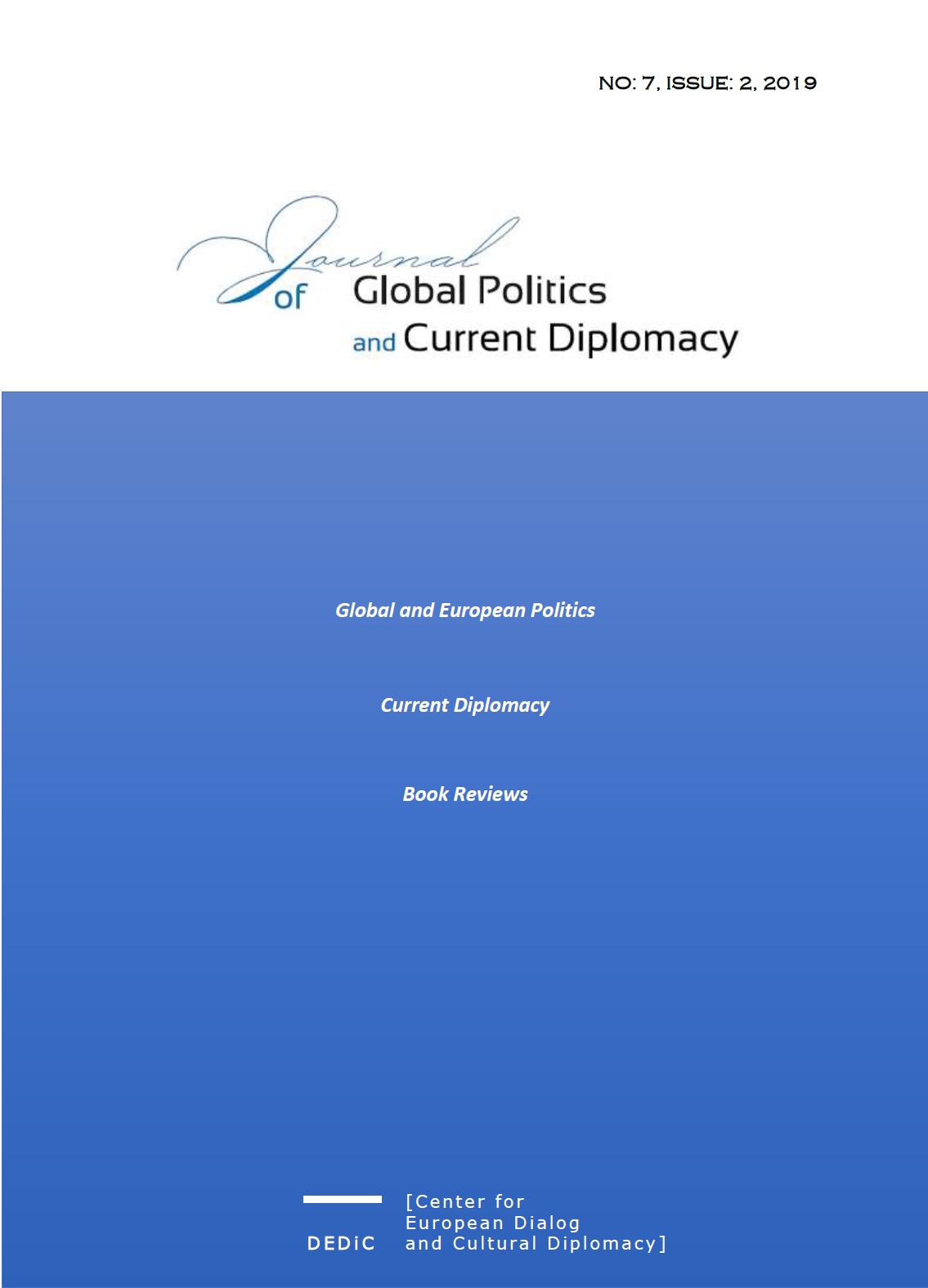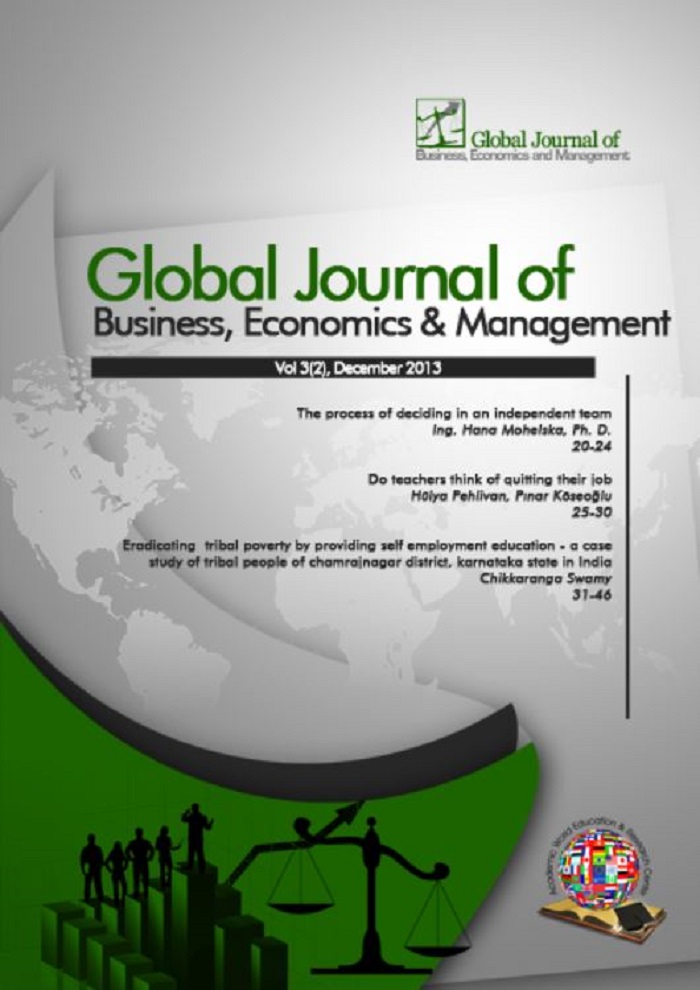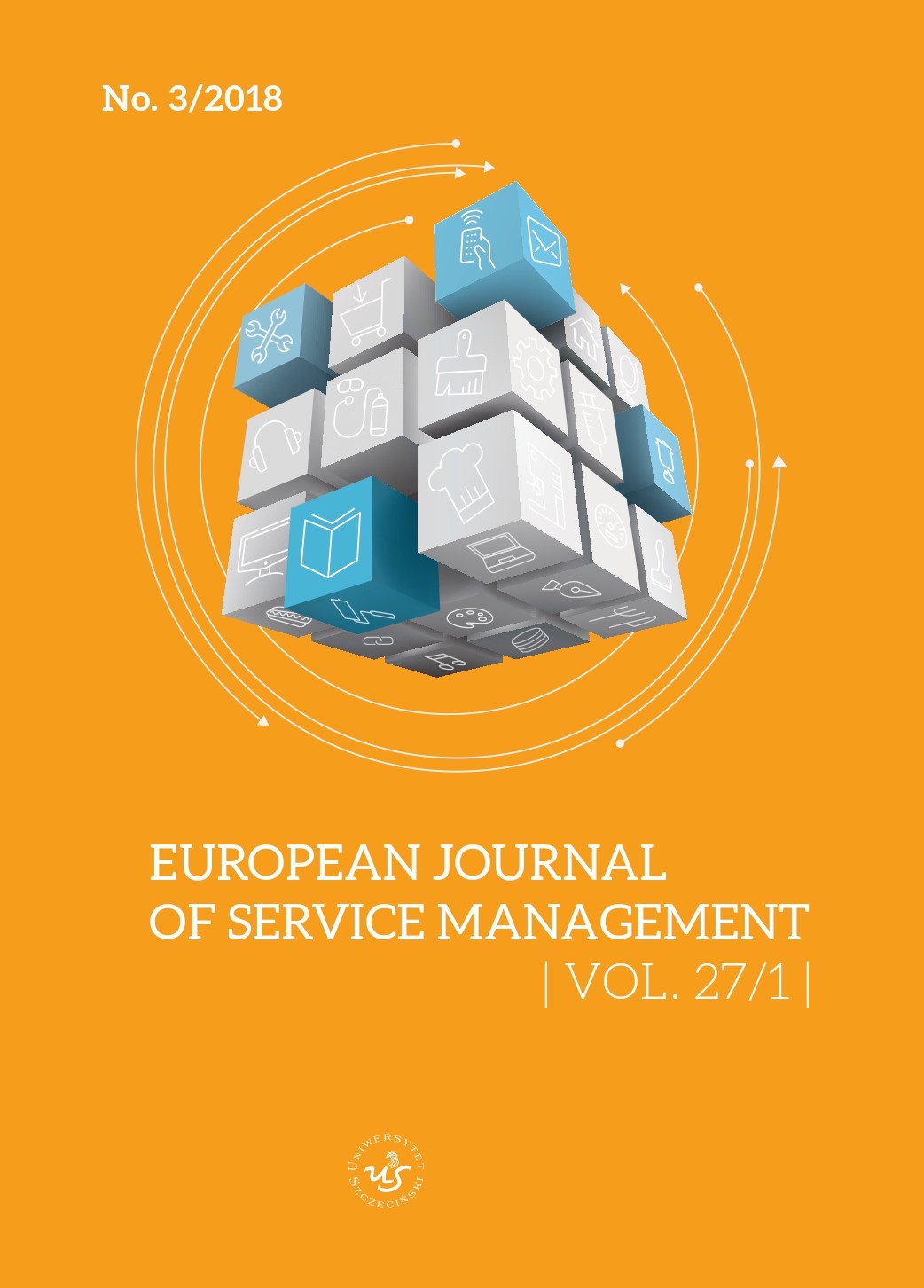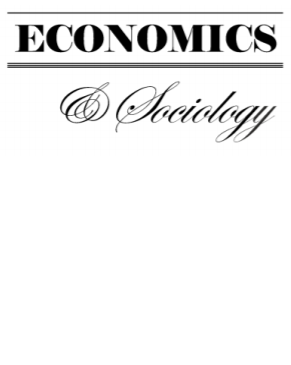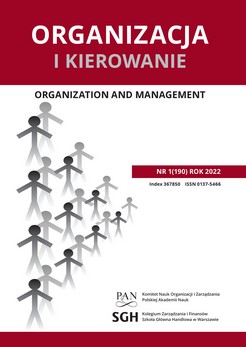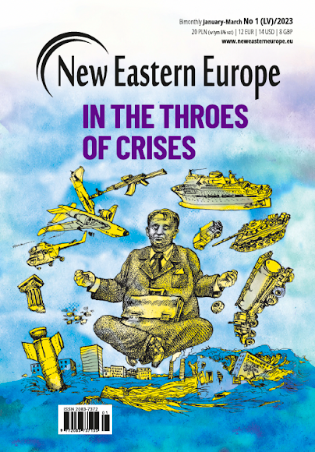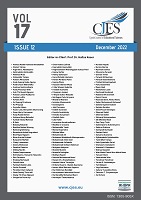DEVELOPMENT OF A DECENT WORK INSTITUTE AS A SOCIAL QUALITY IMPERATIVE: LESSONS FOR UKRAINE
Author(s): Anatoliy Kolot,Serhiy Kozmenko,Oksana Herasymenko,Dalia Štreimikienė / Language(s): English
/ Issue: 2/2020
Keywords: social and labor sphere; decent work; deficit; crisis of values;
The contemporary paradigm for sustainable development assumes single-vector economic and social progress and focuses on human-centrism and social quality. In a human-centered model, people become not only a resource component of sustainable economic growth, but also the main value of society. Human ability to participate in different areas of society, which will enhance well-being and clarify his/her personal potential, is the quintessence of the social quality concept. Under this concept, priority is given to decent work, which outlines an action strategy in implementing social and labor reform to ensure sustainable social and labor development. This study seeks to justify the need to develop a decent work institute in Ukraine as an imperative of social quality. This is based on the concept within which the decent work institute is considered in the context of the Work 4.0 social and labor model, which is inherent in the new Industry 4.0 business structure. Work 4.0 is presented as a theoretical and applied platform of labor and employment. It results from large-scale and multi-vector technical and technological innovations, organizational and business changes that create new opportunities, risks and threats to economically active people in the digital ecosystem. The analysis has revealed the lack of decent work due to threateningly high unemployment, the spread of atypical employment, keeping wage payments to a minimum, destruction of the collective agreement in regulation of social and labor relations, the risks of occupational diseases and work-related incidents. The article substantiates the need to formulate an economic policy which should be based on an effective social and labor policy aimed at overcoming the deficit of decent work, preventing threats to social quality and creating, on this basis, the prerequisites for sustainable socioeconomic development.
More...
